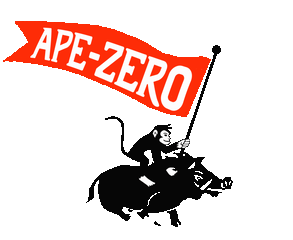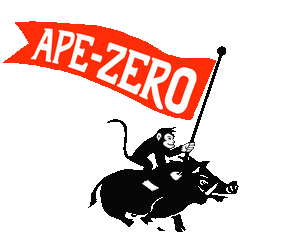A Viennese cycling idol of the 1960s
Oct 01, 2025
Once upon a time in Vienna...
On a summer evening. The asphalt still glistens from the heat of the day, the streets are closed, and where cars would normally be parked, people are now thronging. They lean against barriers, hold children on their shoulders, clap, shout, and cheer. Suddenly, all that's left is the whir of the balance bikes, then a gust of wind – and they're gone, the riders, packed together, hunched over the handlebars. Amid this scene, one name keeps cropping up: Peter Deimböck.
He was young, ambitious, and possessed that irresistible drive that could decide races. When he sprinted off, the others were left behind. For many Viennese, he became synonymous with cycling of the era. He was considered one of the great talents of his time – someone who rode with power and passion from the narrow streets of the city out onto the major roads of the world.

Olympia – a dream in Rome
1960, Rome. A young Viennese, just 18 years old, stands at the starting line wearing the red-white-red jersey. The Velodromo Olimpico gleams in the dazzling sunlight, the stands are packed, and the announcers are heating up the atmosphere. Here, on this international stage, Peter Deimböck rolls in for the first time, side by side with the world's elite from Italy, France, and the Soviet Union.
It's the biggest stage a cyclist can reach—and for a baker's apprentice from Vienna, it's practically a fairytale. In addition to the track, the road also awaits: the 100-kilometer team time trial, a merciless test of endurance and team spirit. For hours, the four-rider teams race through the countryside surrounding Rome, each rider pushing himself to his limits.
For Deimböck, it was a step from the domestic scene into the international world. The Olympics meant recognition, inspiration, and above all, the certainty that he could compete. The dream he had begun on the streets of Vienna now led him to a stage that could hardly have been bigger.

The years of success
After Rome, his real success story began. In 1961, he became Austrian national champion in track sprinting—a title that cemented his reputation as a sprinter. That same year, he won a stage of the Tour of Austria; he won the final in Vienna, of all places. A year later, he confirmed his class with another stage win.
He also attracted international attention. At the 1961 Tour de Pologne, he sprinted to second place, and in 1962, he rode the legendary Peace Race – the toughest amateur race in the Eastern Bloc – and battled his way to the finish. These achievements made him one of the strongest Austrian riders of his generation. In total, he won seven national championship titles in various disciplines – from track to road team time trial.
Vienna as a stage
Back then, Vienna was a cycling city. District criteriums, track races, grand tours – and right in the middle of it all was Peter Deimböck. He rode for the Vienna RIH team, a name that carried weight in the scene. His specialty was short, explosive circuit races. When the bell rang for the final lap at Rathausplatz or at the Karmelitermarkt criterium, he was the man the spectators were counting on.
The enthusiasm of those times is hard to imagine today. Thousands lined the tracks, children collected autographs, and newspapers reported on it almost daily. Cycling was a spectacle – and Deimböck was one of its stars. His aggressive riding style, coupled with his Viennese charm, made him a crowd favorite.
legacy
In the mid-1960s, Peter Deimböck retired from major racing. But the bike never left him. Today, he is remembered as a symbol of an era: of summer evenings when Vienna was all about cycling, of sprints where the air was on fire, and of the time when names like his made headlines.
"Once upon a time in Vienna..." – this is not only the beginning of a memory, but also a quiet wish: that one day the city will pick up where it left off and bring cycling criteria back to the streets. Just like back then, when a young Viennese named Peter Deimböck thrilled the audience.




